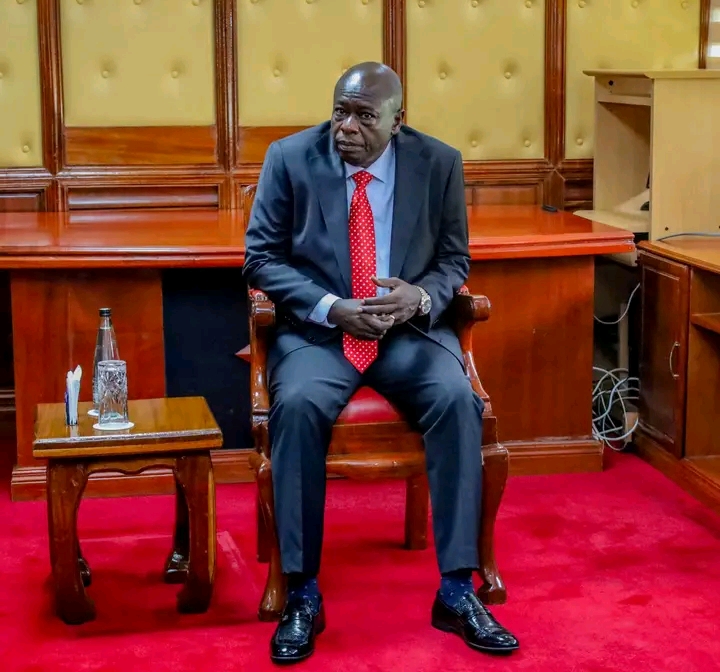By Ollus Ndomu
The impeachment of Kenya’s Deputy President Rigathi Gachagua by the Senate has not only shattered political norms but also revealed the fragility within the country’s governance structures. To grasp the full significance of this development, it is essential to understand how the Kenyan legislative system functions, particularly the roles of parliament and the Senate.
Structure of Kenya’s Government: Parliament vs. Senate
In Kenya, the legislative authority is divided between two chambers: the National Assembly (commonly referred to as Parliament) and the Senate.
The National Assembly focuses on matters of legislation, the national budget, and oversight of the executive branch, including the president.
The Senate, on the other hand, plays a more specialized role, mainly representing counties and safeguarding the interests of devolved government units. It also handles specific cases involving high-ranking officials, such as impeachment trials of governors and, in rare cases, other top officeholders like the deputy president.
Gachagua’s impeachment marks a historic moment, as he is the first deputy president to face such a sanction. While parliament had a role in initiating proceedings, it was the Senate that conducted the final trial and vote—similar to how impeachment works in countries like the United States, where one chamber initiates impeachment and another convicts.
Reasons for Impeachment
Gachagua faced 11 charges, with the Senate voting to impeach him on five counts, the most significant being:
- Undermining judicial independence – His public criticisms of the judiciary were perceived as attempts to intimidate judges and influence their rulings.
- Gross misconduct – His remarks on the National Intelligence Service (NIS), accusing them of mishandling protests against new tax measures, were seen as a direct challenge to the authority of President William Ruto.
Such statements exposed tensions between the deputy president and the executive branch, highlighting growing factionalism within the government. Kenya has seen power struggles between presidents and their deputies in the past, including tensions between former President Uhuru Kenyatta and William Ruto himself. However, an outright impeachment of a deputy president is unprecedented.
Political Implications
The impeachment vote was not just a legal process—it carried profound political undertones. The fact that 281 senators voted in favor of Gachagua’s removal, with only 44 voting against, reflects deep divisions within the ruling coalition. The vote reveals that many lawmakers within the government’s ranks may no longer support Gachagua, indicating a fractured alliance under President Ruto’s leadership.
While the constitution provides for the removal of high-ranking officials, this episode could be seen as a proxy battle between factions within the government. Ruto’s decision to swiftly nominate Interior Minister Kithure Kindiki as Gachagua’s replacement suggests that he is trying to regain control of the narrative and stabilize the government. Kindiki, known for his loyalty and experience, could help Ruto restore confidence, but the process is far from over—parliament still needs to approve the nomination within 60 days.
What Happens Next?
The impeachment sends a strong message that accountability will not spare even the highest offices, but it also introduces uncertainty into Kenyan politics. Gachagua’s removal could embolden opposition leaders, potentially destabilizing Ruto’s administration ahead of the next elections. With parliament still required to confirm Kindiki’s appointment, more political wrangling is expected in the coming weeks.
This episode demonstrates the delicate balance of power within Kenya’s political system, where alliances can shift quickly, and no position is entirely secure. The coming months will test Ruto’s ability to navigate this crisis, as the opposition is likely to capitalize on the turmoil to weaken his administration.
Conclusion
Gachagua’s impeachment is a watershed moment in Kenyan politics, exposing the risks inherent in fragile alliances and highlighting the importance of accountability at all levels of government. For President Ruto, it presents an opportunity to reset his administration by nominating a trusted deputy—but it also signals a volatile period ahead as he seeks to manage internal divisions and external opposition.


